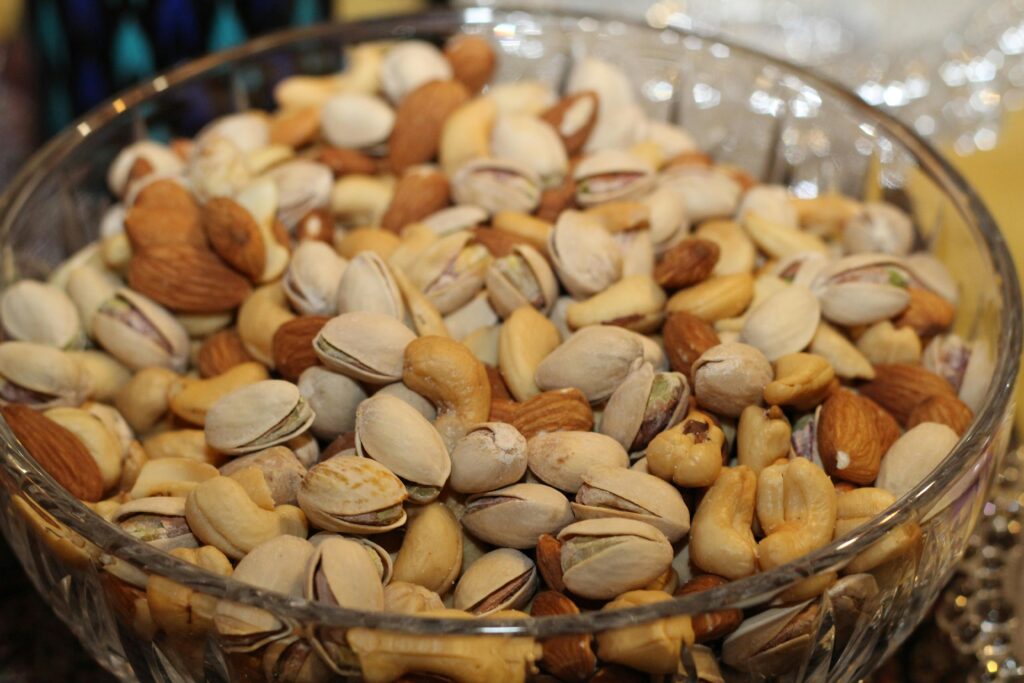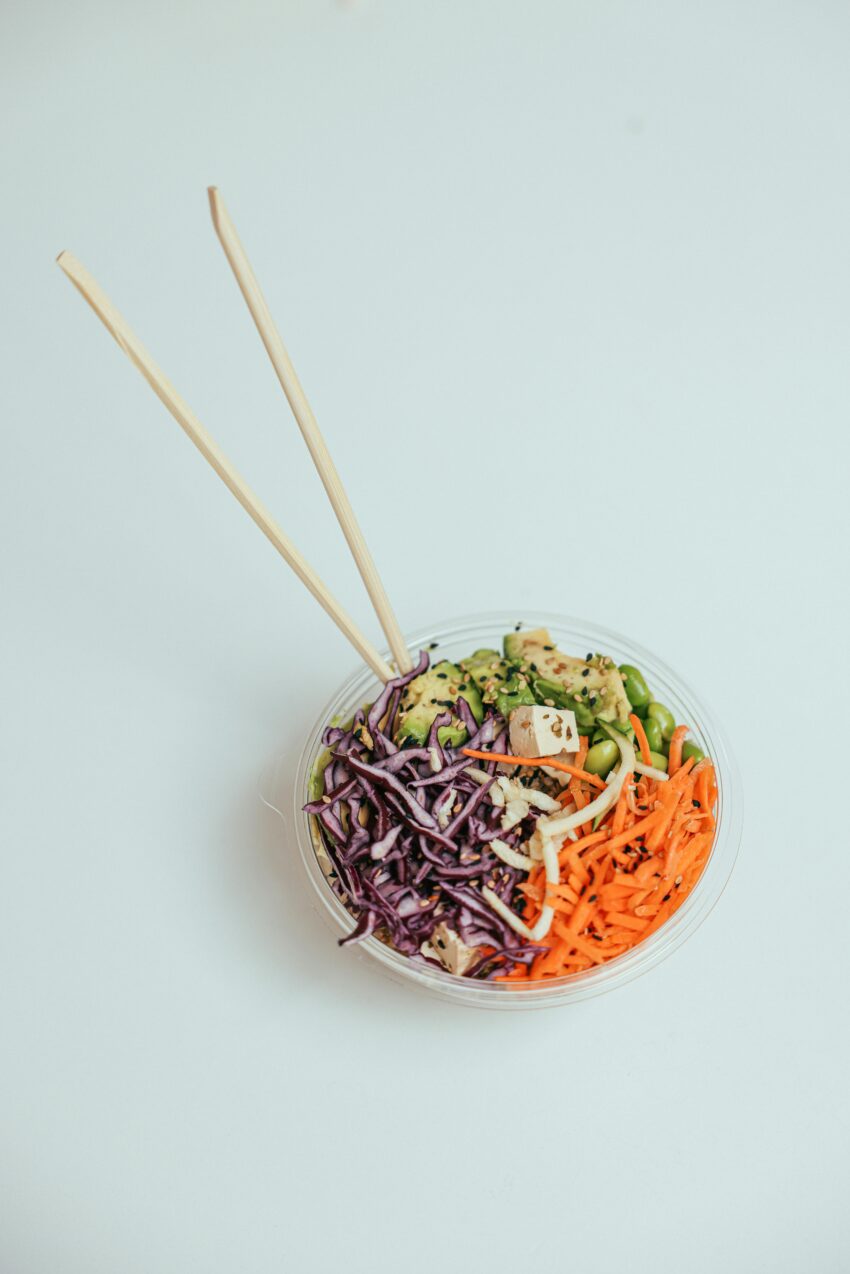Protein is an essential macronutrient that supports muscle repair, immune function, and overall health. While many associate high protein with meat and animal products, there are plenty of vegetarian sources that offer excellent protein content—without compromising on nutrition or taste. Whether you’re a vegetarian or simply looking to include more plant-based meals, here are 7 high-protein vegetarian foods you should definitely consider adding to your daily diet.
1. Lentils
Protein: ~18 grams per cooked cup (198g)
Lentils are a powerhouse of plant-based protein, fiber, and essential nutrients like iron and folate. They’re versatile and can be used in soups, stews, salads, or even as a meat substitute in dishes like lentil burgers or tacos.
Why Add It?
High in protein, low in fat, and easy to cook. Great for heart health and digestion.
2. Chickpeas (Garbanzo Beans)
Protein: ~15 grams per cooked cup (164g)
Chickpeas are not only rich in protein but also packed with fiber, iron, and manganese. They can be roasted for snacks, mashed into hummus, or added to curries and salads.
Why Add It?
Supports muscle strength and aids in blood sugar regulation.
3. Quinoa
Protein: ~8 grams per cooked cup (185g)
Unlike most plant-based sources, quinoa is a complete protein, meaning it contains all nine essential amino acids. It’s gluten-free and a great alternative to rice or pasta.
Why Add It?
Great for building lean muscle and maintaining energy levels.
4. Tofu
Protein: ~10 grams per 1/2 cup (126g)
Tofu, made from soybeans, is a staple in vegetarian diets. It absorbs flavors well and can be used in stir-fries, curries, smoothies, or even grilled.
Why Add It?
A versatile protein source rich in calcium and iron. Excellent for bone health and muscle recovery.
5. Greek Yogurt (Vegetarian-Friendly)
Protein: ~10–20 grams per 200g serving
While not vegan, Greek yogurt is a great high-protein option for vegetarians. It’s also a good source of probiotics, which promote gut health.
Why Add It?
High protein and calcium content support bone and digestive health. Choose unsweetened varieties for best results.
6. Paneer (Indian Cottage Cheese)
Protein: ~14 grams per 100g
Paneer is a fresh cheese commonly used in Indian cuisine. It’s rich in protein and calcium, and pairs well with a variety of spices and vegetables.
Why Add It?
A delicious way to boost protein intake. Can be grilled, sautéed, or added to curries.
7. Chia Seeds
Protein: ~5 grams per 2 tablespoons (28g)
Though small in size, chia seeds are packed with protein, fiber, omega-3 fatty acids, and antioxidants. When soaked in water or milk, they form a gel-like texture perfect for puddings or smoothies.
Why Add It?
Supports heart health and keeps you full longer. Ideal for breakfasts and snacks.
Final Thoughts
Getting enough protein on a vegetarian diet is entirely possible with the right food choices. Including a mix of these high-protein foods ensures you’re not only meeting your protein needs but also getting a variety of vitamins, minerals, and fiber.
Pro Tip: Combine different protein sources throughout the day (like lentils and rice or tofu with whole grains) to ensure a complete amino acid profile.

